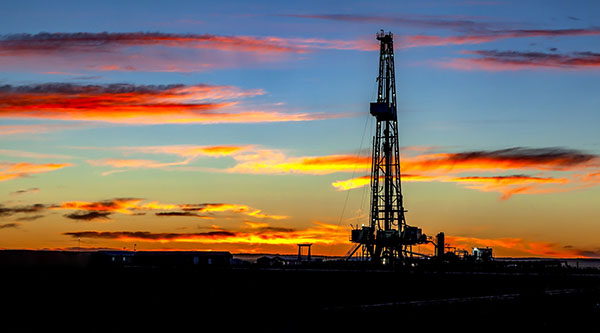Pennsylvania Superior Court Decides Follow-up Factual Matters on Remand of Briggs Case
 Earlier this week, a new chapter was revealed in the case of Briggs v. Sw. Energy Prod. Co., No. 1351 MDA 2017, 2020 Pa. Super. Unpub. LEXIS 3780, at *9 n.4 (Dec. 8, 2020). Earlier this year, the Pennsylvania Supreme Court heard the case, in which the landowners alleged that hydraulic fracturing on neighboring lands was causing the unlawful drainage of gas from their lands. Briggs v. Sw. Energy Prod. Co., 224 A.3d 334 (Pa. 2020).
Earlier this week, a new chapter was revealed in the case of Briggs v. Sw. Energy Prod. Co., No. 1351 MDA 2017, 2020 Pa. Super. Unpub. LEXIS 3780, at *9 n.4 (Dec. 8, 2020). Earlier this year, the Pennsylvania Supreme Court heard the case, in which the landowners alleged that hydraulic fracturing on neighboring lands was causing the unlawful drainage of gas from their lands. Briggs v. Sw. Energy Prod. Co., 224 A.3d 334 (Pa. 2020).
In that case, the Court held that the rule of capture still applies to the production of oil and gas—even that production which is the result of modern hydraulic fracturing methods—and reiterated that trespass requires the actual physical entry onto (or underneath) another’s property. The Pennsylvania Supreme Court remanded the case to the Superior Court for a determination of whether such a trespass took place.
The Superior Court reviewed the facts of the case and the averments made by the landowners in their complaint. While the complaint alleged that the property was located between two producing units and that gas was being drained from under the property as a result of hydraulic fracturing of those units, the complaint did not specifically allege any entry. The Superior Court pointed out that the “Complaint does not specifically allege that Southwestern engaged in horizontal drilling that extended on their property, or that Southwestern propelled fracturing fluids and proppants across the property line.” Id. at 9.
Ultimately, the Superior Court held that the record did not support that any trespass took place, and it reinstated the trial court’s order granting summary judgment in favor of Southwestern Energy. As an unpublished opinion, the Superior Court’s decision is technically not binding on other courts. However, as it relies on the holding set forth in the early Supreme Court decision on this matter, its tenets remain applicable. The Superior Court noted that, “[w]e observe that the Supreme Court’s holding leaves open for future plaintiffs the possibility of litigating trespass claims based on hydraulic fracturing, so long as they specifically plead that hydraulic fracturing resulted in a physical invasion of their property.” 2020 Pa. Super. Unpub. LEXIS 3780, at *9 n.4
For more information about Briggs, or for a copy of the decision, contact the Energy Group at Dickie, McCamey & Chilcote, P.C.
 Bridget K. Sasson 412-392-5585 bsasson@dmclaw.com |
 Barbara Y. Strnad 412-392-5430 bstrnad@dmclaw.com |
 Jesse J. Zirillo 412-392-5342 jzirillo@dmclaw.com |
 John R. Seeds 412-392-5349 jseeds@dmclaw.com |
